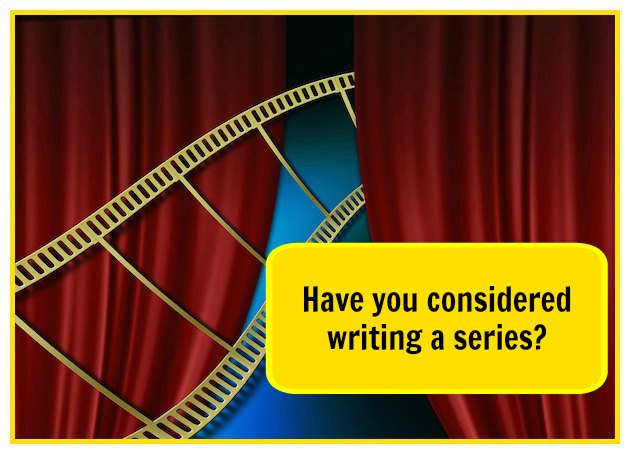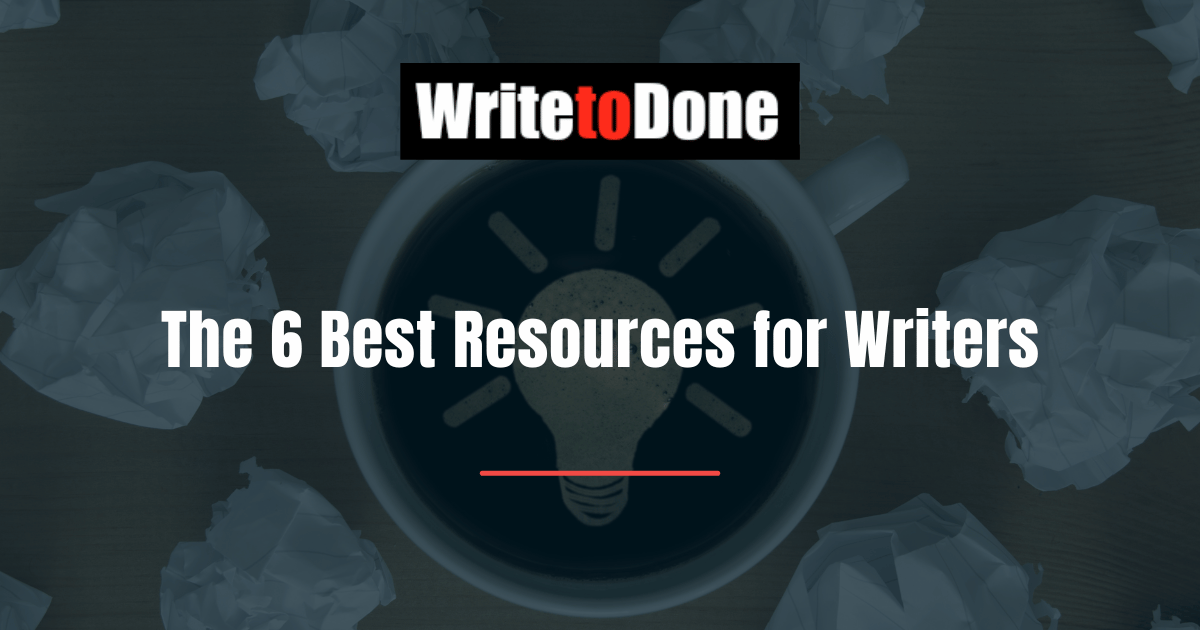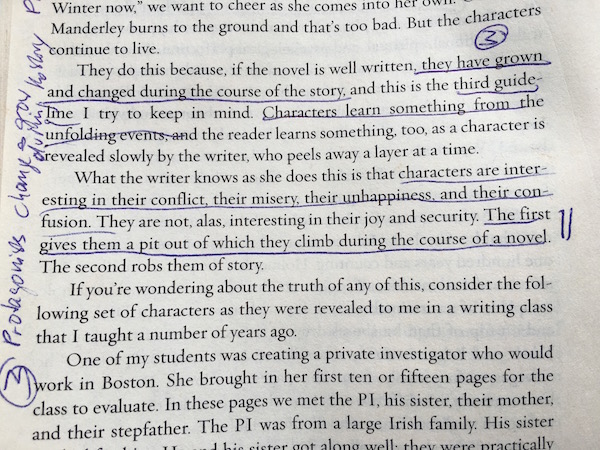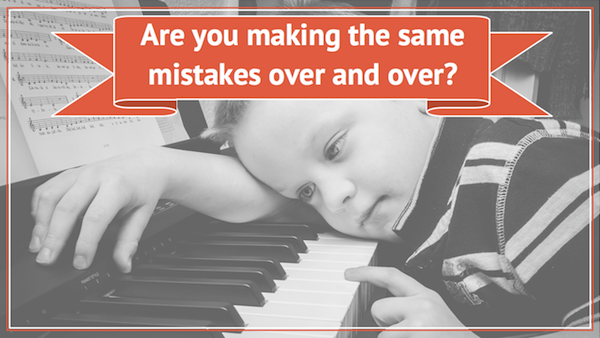If you want to climb a mountain, you need equipment.
You need a map, protective clothing, hiking boots, food and water.
Oh, and taking a guide along is also useful.
It’s the same with the Great Writing Challenge.
After dusting off your writing dream, you need to make it come true. And for that, you need equipment.
You need the best writing resources.
Here is a list of the resources I’m using and maybe you can suggest what you find helpful.
I’ve collected resources for both fiction and non-fiction.
Best Resources For Writers
1. Create a Long-Range Plan for Becoming a Bestselling Author

Check out 10 Powerful Secrets Of Bestselling Authors by Dr. John Yeoman. This article is excellent because it covers some things you need to consider when planning your novel.
If you want to become a bestselling author, that is.
I was struck by the following piece of advice:
Publish a series of novels in fast succession. Have several novels in the pipeline—finished or nearly so—when you present your first work to a publisher or go the self-publishing route.
It makes sense. I know that when I discover an author I like, I tend to read all his or her books in quick sequence. If they have a sequence, that is.
A couple of years ago, I happened upon Charles Rosenberg’s legal thriller Death on a High Floor. I loved it! But I couldn’t find anything else he’d written. So I contacted him on his Facebook page and asked him about his other books.
He said, ‘Glad you liked my first novel! I’m just writing my second one. Should be ready in a year’s time.’
As you can imagine, it seemed like a long wait. But I remembered his name recently and found that Charles has now published his third novel!
Thinking about John Yeoman’s advice to publish novels in quick succession, it occurred to me that it would be a good idea to create a central protagonist whom I could use for a series of novels. (I’ll write about this more in my next post which is about plot and character.)
If you’re planning to write a non-fiction book, this next article is for you.
2. Pick a Blockbuster Topic for Non-Fiction

How To Write A Blockbuster: The 10-Step System. This excellent article by Mike Harrington explains how to pick a topic and bring it to life. Here is an excerpt:
This is no time for blindly throwing stuff against the wall to see what sticks. Be scientific about uncovering a topic that people truly care about.
Head over to Amazon and run searches on a few topics you’re passionate about. Keep your eyes peeled for keywords and themes that pop up repeatedly.
What’s been written? What’s succeeded? What’s fallen flat? If you want your book to make a splash, your best bet is to choose a topic that sits at the intersection of:
- Your strong interest or experience, and
- What readers want to learn.
This is great advice, don’t you think? It’s so easy to jump on a topic and start writing without really looking at whether it will appeal to readers.
But whatever you are writing, it’s critical to record your thoughts. Even if they seem strange or inappropriate, ideas are valuable because they can proliferate if they mingle.
It’s like putting a pair of rabbits in a hutch. Soon you’ll have a clutch of rabbits! (Sounds like a poem in the making, don’t you think?)
3. Collect Your Brilliant Brain Waves

It’s important to record all stray ideas. That’s why I keep a notebook by my side at all times.
For example, I had a fleeting plot idea for my second novel (ha!). I was eating dinner. but quickly got up and recorded it in my notebook. I can’t actually remember the thought, but I know I wrote it down… phew!
Here’s a fantastic article on how to capture and develop ideas by using a journal:
5 Ways Your Journal Can Take You Deeper Into Your Story.
4. Learn from the Greats
I had a good look at books on how to write. Here are three books that I keep close. The first one is for fiction writers, the next two can improve any kind of writing.
Elizabeth George, Write Away
The art of writing is all about the inspiration of the moment and the excitement of riding the wave of an idea. – Elizabeth George [Tweet This]
The best one on how to write a novel is Write Away by Elizabeth George. You can get it on Kindle but I prefer a paperback so I can scribble all over it.
Scribbling helps me take in the information. It’s very different from just skimming. Of course, you can also add notes on a Kindle, but I find it more powerful to use a pen.
Elizabeth George has taught many writers, and her book Write Away is a compilation of her lessons. It’s like going to school with Elizabeth.
Gary Provost: Make Every Word Count
If you write, you are a writer, whether you have published millions of words, a very few words, or no words at all. – Gary Provost [Tweet This]
This is a very exciting read. The subtitle says A Guide to Writing That Works—for Fiction and Nonfiction. And this is exactly what the book is about: making sure your writing works. Gary explains:
By writing that works, I mean writing that does the job it’s supposed to do, whether the job is to inform, entertain, sadden, anger, or instruct.
Sol Stein: Stein On Writing
This is not a book of theory. It is a book of usable solutions–how to fix writing that is flawed, how to improve writing that is good, how to create interesting writing in the first place. – Sol Stein [Tweet This]
I keep this book under my pillow in the hope that some of it will transmit to my brain at night.
And I dip into it every day. For example, here is a bit from his chapter “How to Show Instead of Tell.”
Let’s look at the evolution for telling into showing in the following examples:
She boiled water tells.
She put the kettle on the stove begins to show.
She filled the kettle from the faucet and hummed till the kettle’s whistle cut her humming short shows.
She boiled water in a lidless pot so she could watch the bubbles perk and dance shows.
As you can see, Stein on Writing is full of actionable advice. My copy is dog-eared from daily use.
5. Practice Your Writing
For your big writing project, you may want to improve your writing by doing some writing practice.
But what works?
Why This Practice Makes You A Better Writer by D Bnonn Tennant shows how this way of practicing makes you a better writer:
It is only after you have internalized the basic sound and feel of good writing—which is something you must do by rote copying of excellent models—that you will have a base for building your own unique skill set.
It is only after your writing looks like Halbert’s or Kipling’s or Hemingway’s that you will be able to start refining it into something more like your writing—and do so in a way that will still work.
I’ve started copying some good thriller writers. I’m using a pen and my notebook.
Is it working? I don’t know. But I think it’s worth a try.
6. Writing Software: Scrivener
A key tool I use is the amazing writing software Scrivener.
You can use it for fiction as well as for non-fiction. I’m using the novel template to keep myself on track.
In fact, I learned to use it in just a few days with the easy course Write Faster with Scrivener.
Watch the following video by Mary Jaksch from her post How to Write Faster with Scrivener. (Her post has definitely sped up my writing…)
What about you?
How are you going with the Great Writing Challenge?
I must admit, I’m struggling to make enough room for it in my life, but I’m managing to scrounge a small segment of time for my novel each day.
What writing resources do you find useful?






















